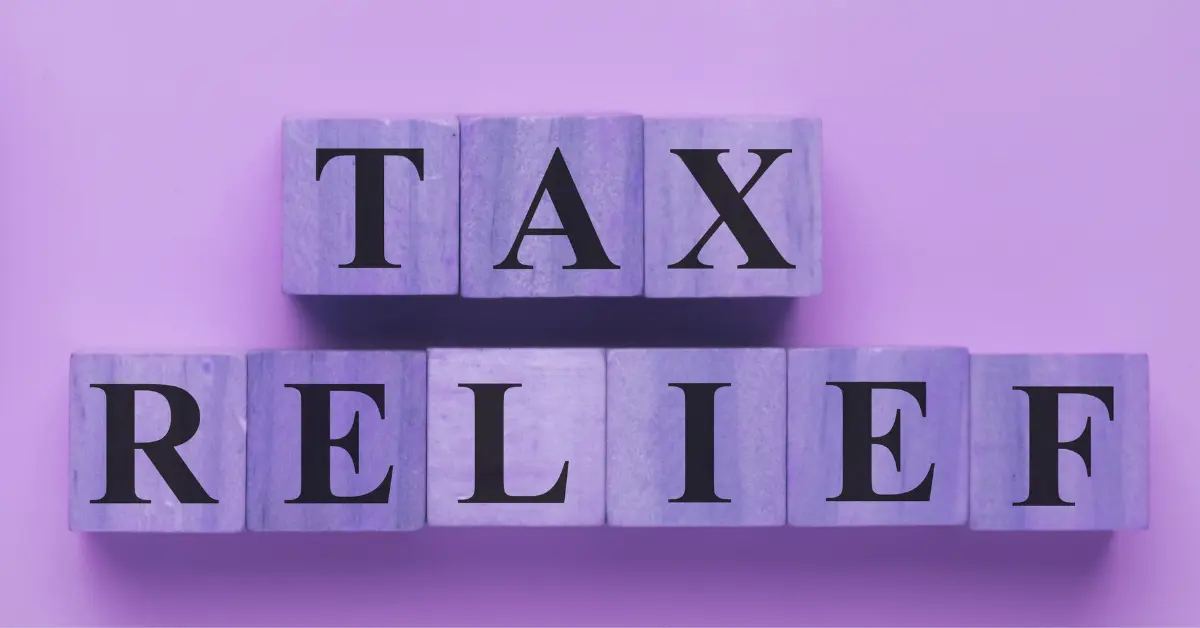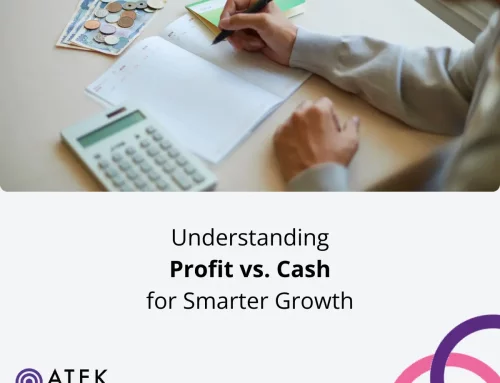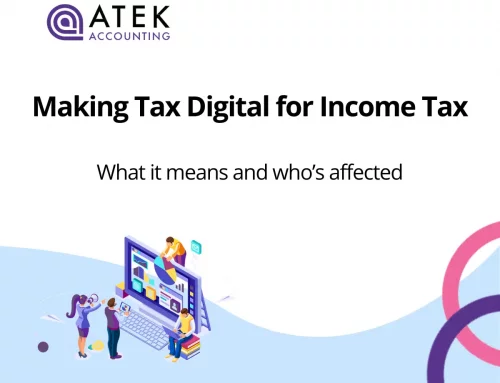What Is Theatre Tax Relief?
Theatre Tax Relief (TTR) is a valuable incentive that allows theatrical production companies to claim a portion of their qualifying expenses as a tax credit.
Since its introduction in 2014, over 20,000 businesses have successfully claimed Theatre Tax Relief, with £645 million paid out. It’s been pivotal in financially supporting theatrical productions across the UK.
However, many companies miss out on their full entitlement due to misunderstandings about eligible expenses. If you are looking to claim Theatre Tax Relief, it’s important to know how to maximise it.
Eligible Core Expenditure for Theatre Tax Relief
Firstly, it’s important to understand that HMRC defines four phases of production and uses these phases to help determine what expenses are eligible. In general, only expenses incurred during the Production and Closing phases can be included in your claim.
-
Development:
The speculative phase where initial research, planning, and decision-making occur to determine whether a production will proceed. -
Production:
Begins when a production is officially confirmed (‘green-lit’) and runs up until the first public performance. -
Running:
The period when performances have started and are being shown to the public. -
Closing:
The final phase of closing the production and removing the sets.
Key eligible core expenditures that can typically be included in your tax relief claim:
Producing the production:
-
Rehearsal expenses: Costs incurred during rehearsals, including venue hire, equipment, and materials.
-
Cast and crew wages: Salaries and wages for performers, directors, designers, and other production staff directly involved in producing the performance.
-
Set and costume design: Expenses related to the design, construction, and purchase of sets, costumes, and props.
Exceptional running costs:
- Cast and set: Substantial recasting or a substantial redesign of the set
Closing the production:
-
Final Phase: Core costs related to the final phase when closing the production.
-
Production Sets: The costs at the end of the performance related to when sets are struck, put into storage, sold, or broken up.
UK/EEA expenditure rules:
Only expenditures incurred in the UK or EEA count towards TTR claims. From 1 April 2024, at least 10% of core costs must relate to UK-based activities (down from 25%). This includes wages, goods, and services sourced in the UK.
Expenses Not Eligible for Theatre Tax Relief
While certain expenses can be claimed under Theatre Tax Relief, it’s equally important to understand which costs cannot be included in your claim.
This list is not comprehensive, but it highlights some of the costs that cannot be deducted as part of your claim. Here’s what’s not eligible:
- Completion bond and other forms of insurance: Completion bonds protect against the risk that a production may not be completed. The costs of a completion bond aren’t eligible for TTR since they aren’t incurred on theatre production activities. Costs related to other forms of insurance, more directly related to the theatre production activity itself, may qualify.
- Running costs: Expenses related to the ordinary running of the production on or after the first performance are not considered core expenditures. Some “exceptional running costs” may qualify.
- Entertaining: Hospitality and entertainment costs are not allowed under normal rules.
- Publicity and promotion: Marketing-related costs do not qualify for TTR since they do not relate to the making of the production.
- Audit and accountancy fees: You can’t deduct audit fees. Accountancy fees may qualify for TTR if the accounting activities directly relate to producing the production.
- Storage costs: Expenditure related to storing costumes, sets, or other material does not qualify.
- Bank interest and charges: Generally, bank interest is not eligible; however, some bank charges may qualify if they are incurred from activities directly tied to the costs of production.
Additional clarifications:
-
Costs must be apportioned if shared between UK and non-UK activities.
-
Exceptional cases, like large one-off set modifications, may be considered on a case-by-case basis.
Definition of a Theatrical Production
To qualify for Theatre Tax Relief, a production must meet specific criteria:
-
The primary purpose must be a live performance for an audience.
-
Productions for training, promotional purposes, or competitions do not qualify.
-
The production must be produced by a UK-registered Theatrical Production Company (TPC) responsible for the creative and technical decisions.
Touring productions are defined as either:
-
Planned performances at 6 or more separate premises
-
At least 14 performances at 2 or more separate premises
What is the TTR rate?
The tax reduction available through Theatre Tax Relief (TTR) can be substantial for qualifying theatre productions.
Starting from 1 April 2025, the rates for TTR will be permanently set at:
- 40% for non-touring productions
- 45% for touring productions, including all orchestra productions.
Example calculation:
A non-touring production with £500,000 in eligible UK core costs could claim £200,000 (40%) as a deduction against profits. For touring productions, £225,000 (45%) would be claimable.
For a more detailed explanation, refer to our Quick Guide to Theatre Tax Relief.
Accounting for the Expenses
To maximise your claim and stay compliant, it is essential to have a reliable system for tracking and categorising expenses accurately. At Atek, we help theatre companies implement effective accounting strategies to capture qualifying costs correctly.
The rules governing TTR are highly specific, covering both the types of expenses and the phase of production in which they are incurred. Additionally, only UK-based expenditures qualify.
When claiming TTR, you must submit the relevant information within your theatre production company’s corporation tax return. This includes:
-
Eligible Expenditures – You must keep detailed records of qualifying core expenditure.
-
Profit and Loss Accounts – You need separate statements for each production.
-
CT600P Supplementary Page – This must be submitted with your Company Tax Return (CT600) to claim the relief.
-
Additional Information Form – HMRC requires a breakdown of core expenditure, showing:
- The title and start date of the production.
- The proportion of expenditure.
- Categorised costs.
Claim deadlines:
TTR claims can be submitted up to two years after the end of the period. Accurate records are critical to avoid missing out.
FAQs
How long does it take to receive Theatre Tax Relief?
There’s no guaranteed “payment within X days” rule for every case. However, guidance suggests that for valid claims submitted to HM Revenue & Customs for theatre and orchestra reliefs, 85% of valid claims were paid within 28 days of receipt.
Can partial UK expenditure count?
Yes. Only the proportion of costs incurred in the UK or EEA counts. Proper apportionment is required.
What about mixed-phase costs?
Only Production and Closing phase costs are eligible. Development and Running are generally excluded, except for exceptional cases.
Can a loss-making production claim TTR?
Yes, the relief can generate a payable tax credit for loss-making productions.
Maximise Your Theatre Tax Relief With Atek
If you are not claiming this relief, we can help determine if you qualify. We will optimise your claim and ensure compliance.
How we help with TTR:
✓ Forecast financials to determine the profitability of a potential project.
✓ Budget effectively for day-to-day costs while planning future projects.
✓ Ensure you are tax-efficient and not overpaying.
✓ Develop investor packs to help secure funding.
The criteria are very specific but can have a significant impact on your financials if you are able to claim. For more information, see our Quick Guide to Theatre Tax Relief and contact us for more detailed guidance.
At Atek, we have a passion for helping Performing Arts businesses succeed. Whether you’ve reached the stage of needing an accountant for the first time or you are looking to switch, it’s easy to get started.
More resources:














